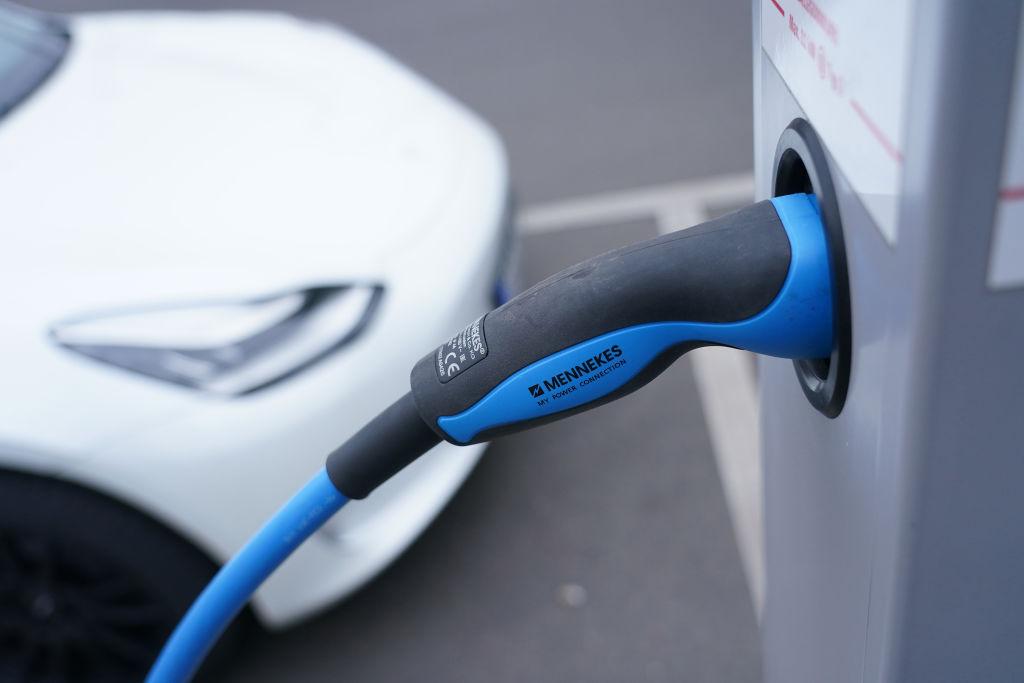Canada will need 200,000 public chargers for electric vehicles (EVs) just to have a ratio of one charger to 24 EVs. The infrastructure required just to power these cars will cost an estimated $20 billion over the next three decades, a new report produced by the federal government concludes.
All of this is required to meet the mandates put in place by Canada’s Liberal government. By 2035, 100 percent of new light-duty car sales must be electric cars, the feds say. A reported $3.3 billion has already been spent on rebates and subsidies since 2016, according to Blacklock’s Reporter.





